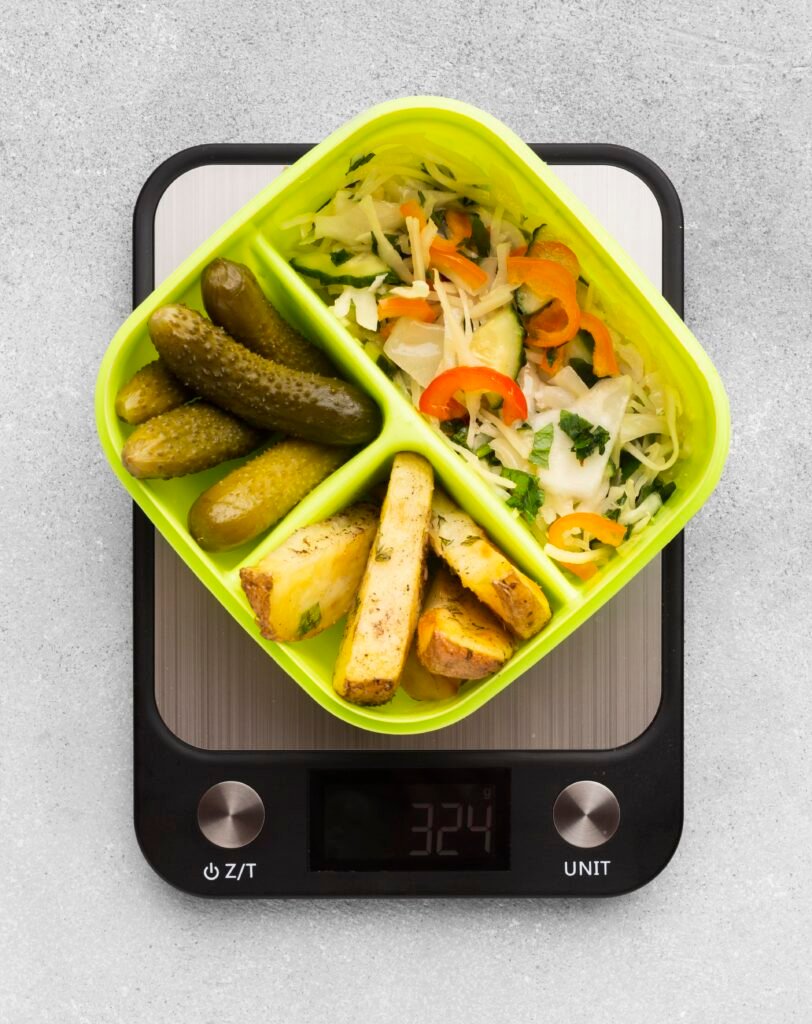Macro Calculator

Macro Calculator
This tool helps estimate an individual’s daily calorie requirements and the right balance of macronutrients to support health, fitness, and lifestyle goals.
What Are Macronutrients?
Macronutrients (often called macros) are the primary nutrients the body needs in large amounts to function and create energy. The three main macronutrients are:
- Carbohydrates
- Proteins
- Fats
Some definitions also include water, oxygen, sodium, calcium, and other minerals because they are needed in significant quantities, but this calculator focuses on carbs, protein, and fats.
In contrast, micronutrients—such as vitamins (Vitamin A, C, D) and minerals (iron, zinc, iodine)—are required in much smaller amounts, usually under 100 milligrams per day, but are equally vital for good health.
Protein
Proteins are made up of amino acids, often referred to as the body’s building blocks. While the body can create some amino acids, there are essential amino acids that can only be obtained from food.
Sources of protein include:
- Animal-based: meat, fish, eggs, dairy.
- Plant-based: legumes, beans, tofu, nuts, seeds.
- Supplements: protein powders and shakes, often used in sports and muscle-building.
Better protein options:
- Soy and legumes
- Fish and seafood
- Nuts and seeds
- Lean poultry
- Lean cuts of beef or pork
- Low-fat dairy
Less healthy protein choices:
- Fried or heavily processed meats (sausages, deli slices, fast-food burgers)
- High-sugar yogurts
- Many processed protein bars
- Certain high-fat cheeses
Carbohydrates
Carbohydrates are the body’s main source of quick energy. They come in three primary forms: sugar, starch, and fiber.- Simple carbohydrates (sugars) – made of one or two sugar units (monosaccharides & disaccharides). Found in foods like table sugar, candy, soda.
- Complex carbohydrates (starches & fibers) – made of longer chains (oligosaccharides & polysaccharides). Found in whole grains, vegetables, and legumes.
Fat
Fats often get a bad reputation, but they are essential for hormone regulation, nutrient absorption, and energy storage. They are the most energy-dense nutrient, providing more calories per gram than carbs or proteins.Types of dietary fat:
- Unhealthy fats: saturated fats (limit to <10% of daily calories) and trans fats (should be avoided completely).
- Healthier fats: monounsaturated fats, polyunsaturated fats, and omega-3 fatty acids (found in foods like olive oil, avocados, nuts, fatty fish).
Daily Calorie Needs
Your daily caloric requirement depends on:
- Age
- Height and weight
- Activity level
- Fitness goal (maintain, lose, or gain weight)
Two common methods to estimate caloric needs:
- Mifflin-St Jeor Equation – calculates Basal Metabolic Rate (BMR) based on physical characteristics.
- Katch-McArdle Formula – considers lean body mass and is more accurate for individuals who know their body fat percentage.
On average:
- Men generally need 2,000–3,000 calories/day.
- Women generally need 1,600–2,400 calories/day.
- Active lifestyles require more calories, while sedentary lifestyles require fewer.
Since carbs, protein, and fat provide almost all of the body’s energy, their recommended intake is based on these daily calorie estimates, guided by organizations like the CDC, WHO, and the American Dietetic Association.
Macronutrients in Common Foods
| Food | Serving Size | Protein | Carbs | Fat |
| Fruits | ||||
| Apple | 1 (4 oz.) | 0.27g | 14.36g | 0.18g |
| Banana | 1 (6 oz.) | 1.85g | 38.85g | 0.56g |
| Grapes | 1 cup | 1.15g | 28.96g | 0.26g |
| Orange | 1 (4 oz.) | 0.79g | 11.79g | 0.23g |
| Peach | 1 (6 oz.) | 1.2g | 12.59g | 0.33g |
Vegetables
| Broccoli | 1 cup | 2.57g | 6.04g | 0.34g |
| Carrots | 1 cup | 1.19g | 12.26g | 0.31g |
| Tomato | 1 cup | 1.58g | 7.06g | 0.36g |
Proteins
| Chicken (cooked) | 2 oz. | 16g | 0g | 1.84g |
| Beef (cooked) | 2 oz. | 14.2g | 0g | 10.4g |
| Egg | 1 large | 6.29g | 0.38g | 4.97g |
| Tofu | 4 oz. | 7.82g | 2.72g | 3.06g |
Snacks/Meals
| White bread | 1 slice | 1.91g | 12.65g | 0.82g |
| Cheeseburger | 1 sandwich | 14.77g | 31.75g | 15.15g |
| Pizza (14″) | 1 slice | 13.32g | 33.98g | 12.13g |
| Rice (cooked) | 1 cup | 4.2g | 44.08g | 0.44g |
Beverages/Dairy
| Milk (1%) | 1 cup | 8.22g | 12.18g | 2.37g |
| Milk (Whole) | 1 cup | 7.86g | 11.03g | 7.93g |
| Yogurt (non-fat) | 1 cup | 13.01g | 17.43g | 0.41g |
| Beer | 1 can | 1.64g | 12.64g | 0g |
| Coca-Cola | 1 can | 0g | 39g | 0g |
